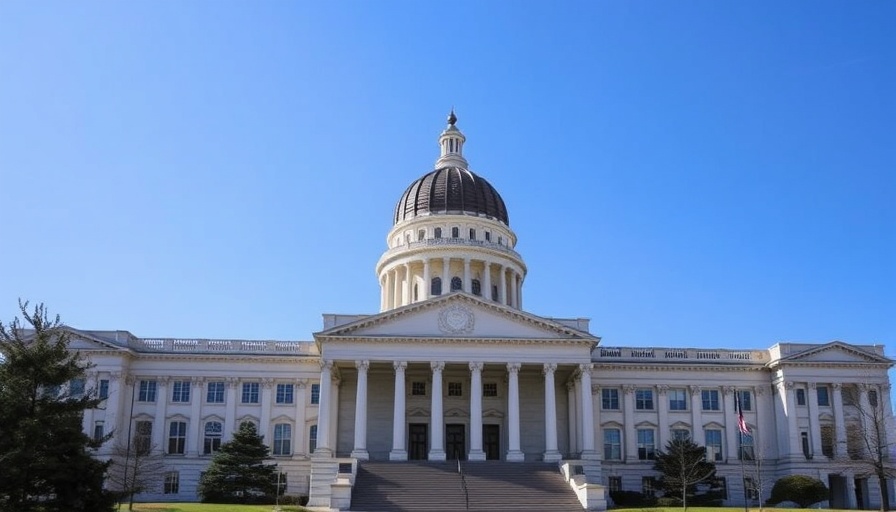
A Historic $337 Billion Budget for Texas: What It Means for Residents
The Texas House's recent approval of a monumental $337 billion state budget is set to initiate significant changes for residents across the Lone Star State. This budget, designed to steer funding over the next two years, addresses crucial areas including education, property tax reforms, and public health. By passing Senate Bill 1 with an impressive 118-26 vote, the lawmakers have laid the groundwork for what could be a transformative period for government funding in Texas.
A Closer Look at Budget Allocations and Priorities
One of the standout features of the budget is its commitment to funding teacher pay raises. As Texas grapples with an ongoing teacher shortage, these allocations aim to attract and retain quality educators, further enhancing the educational experience for many children in Dallas and throughout Texas. In addition, significant funding has been earmarked for property tax cuts, which many residents view as a welcome relief.
Moreover, the budget also prioritizes border security and healthcare initiatives, including a controversial program called "Thriving Texas Families." This program shifts $70 million from Medicaid to support pregnant women, showcasing lawmakers' intent to bolster maternal health services amidst rising conversations about healthcare accessibility within the community.
Controversies and Debates Among Lawmakers
The path to this budget's approval wasn't devoid of contention. During a lengthy, 13-hour debate, lawmakers expressed sharp differences on various issues, particularly concerning voucher funding for private schools and crisis pregnancy centers. Supporters of the voucher system argue that it provides parents with necessary choices in their children's education, while opponents raise concerns about the implications for public school funding.
House Speaker Dustin Burrows praised the budget as one that promotes fiscal responsibility while addressing core community needs. Yet, the passing vote indicates that the revenues and expenditures outlined are likely to face scrutiny as negotiations continue with the Senate, providing an opportunity for adaptations to ensure broader consensus.
Comparison to Other Major State Budgets
The Texas budget stands in contrast to those of other large states, where similar funds have been diverted to other initiatives in response to unique local crises. For example, states like California have focused more on climate change initiatives, whereas Texas continues to emphasize education, security, and direct health services. This strategic divergence emphasizes Texas's core values and its aims to enhance suburban areas like Dallas.
Potential Economic Impact on Dallas and Beyond
For Dallas, the budget's implications stretch beyond immediate public services. The proposed tax cuts can ease the financial burdens on local families, potentially leading to increased spending within the economy. Businesses in the Dallas area may benefit from a more robust consumer base, spurred by higher teacher salaries and a healthier population. As education and health intersect, we might anticipate a positive ripple effect in the local business landscape.
Insights for Dallas Residents
As Texans absorb these developments, staying informed will be crucial. Residents should engage with local government discussions, especially concerning education systems and healthcare programs. Understanding how these budgetary priorities will unfold can empower individuals and families in Dallas to advocate effectively for their community needs.
The approval of this $337 billion budget marks a pivotal moment that sets the stage for broader dialogues about fiscal strategies and community resources in Texas. As the state transitions into the execution phase of this budget, the significance of effective communication and engagement with policymakers will underscore the importance of community involvement.
As discussions continue, mark your calendars for upcoming town hall meetings in Dallas, where local leaders will provide insights on how the budget will specifically affect district priorities.
 Add Element
Add Element  Add Row
Add Row 



 Add Row
Add Row  Add
Add 


Write A Comment